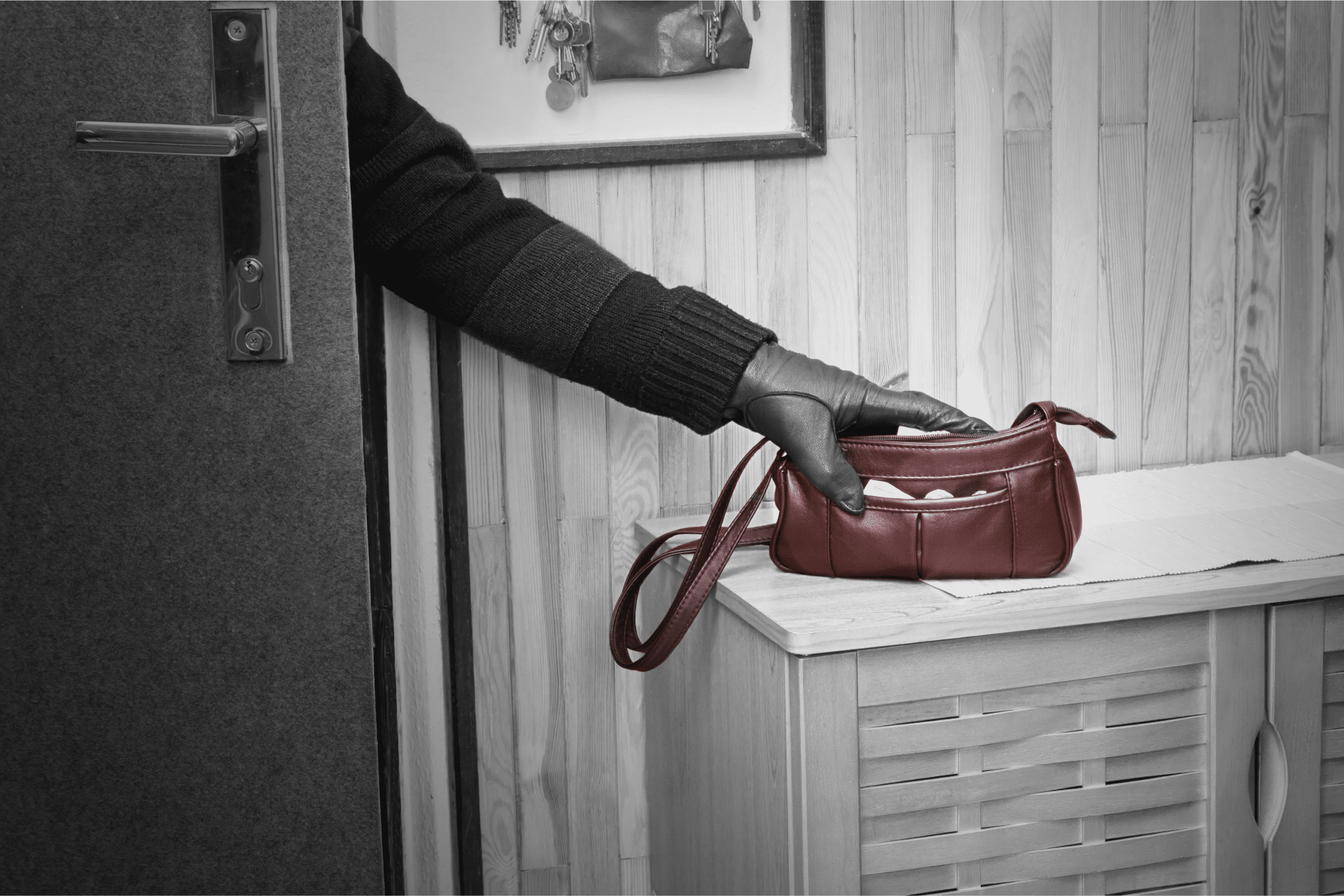Residential burglary is a severe offense in Minnesota, carrying significant legal consequences for those accused. While burglary involves unlawfully entering a dwelling intending to commit a crime, certain aggravating factors can elevate the severity of the charges and increase potential penalties. In this blog, we will explore the aggravating factors commonly associated with residential burglary cases in Minnesota, their implications for legal outcomes, and the importance of seeking skilled legal representation to navigate the complexities of burglary charges effectively.
Understanding Residential Burglary in Minnesota:
As defined by Minnesota law, residential burglary involves entering a dwelling without consent and intending to commit a crime inside. This crime is distinct from other forms of burglary, such as commercial burglary, which involves unlawfully entering a business or commercial property. Residential burglary is considered a felony offense in Minnesota and carries substantial penalties upon conviction.
Aggravating Factors in Residential Burglary Cases:
- Presence of Weapons: The presence of weapons during a residential burglary can significantly aggravate the charges. Possessing or using a weapon during a burglary can lead to enhanced penalties, including longer prison sentences and mandatory minimum sentences under Minnesota’s sentencing guidelines.
- Prior Criminal History: Individuals with prior criminal convictions may face harsher penalties for residential burglary. Previous convictions, especially for similar offenses, can be considered aggravating factors by the court and may result in increased sentencing recommendations from prosecutors.
- Intent to Commit Additional Crimes: If the defendant entered the dwelling with the intent to commit additional crimes, such as assault, robbery, or sexual assault, the severity of the burglary charges may be heightened. Evidence of intent to commit other offenses can influence legal outcomes and lead to more severe penalties upon conviction.
Impact on Legal Outcomes:
The presence of aggravating factors in residential burglary cases can significantly impact legal outcomes. Defendants facing charges involving weapons, prior criminal history, or intent to commit additional crimes may be subject to enhanced penalties, including lengthier prison sentences, higher fines, and increased supervision upon release. Moreover, aggravating factors can limit leniency or plea bargaining opportunities, making defendants need to mount a solid defense to mitigate potential consequences.
Defense Strategies:
Building a solid defense against residential burglary charges involving aggravating factors requires careful examination of the evidence and skilled legal representation. Defense strategies may include challenging the prosecution’s evidence, disputing the presence of aggravating factors, or negotiating plea agreements with prosecutors to reduce charges or penalties. Additionally, defendants may explore alternative sentencing options, such as diversion programs or probation, to avoid incarceration.
Importance of Legal Representation:
Navigating residential burglary charges involving aggravating factors necessitates the expertise of an experienced criminal defense lawyer. A knowledgeable attorney can assess the case details, identify potential defense strategies, and advocate for the defendant’s rights throughout the legal process. By enlisting the services of a skilled lawyer, defendants can improve their chances of achieving a favorable outcome and minimizing the long-term consequences of residential burglary charges.
Residential Burglary Cases:
Understanding the aggravating factors associated with residential burglary cases in Minnesota is crucial for defendants facing such charges. Factors such as the presence of weapons, prior criminal history, and intent to commit additional crimes can significantly impact legal outcomes and potential penalties. By seeking skilled legal representation and mounting a robust defense, defendants can navigate the complexities of residential burglary charges effectively and work towards achieving the best possible outcome in their cases. If you or someone you know is facing residential burglary charges in Minnesota, don’t hesitate to consult with an experienced criminal defense lawyer to protect your rights and explore your legal options.
About the Author:
Christopher Keyser is an AV-Preeminent rated criminal and DWI defense attorney based in Minneapolis who is known for fighting aggressively for his clients and utilizing innovative tactics to get the most positive results. He has been featured in numerous media outlets due to the breadth and depth of his knowledge and has been named a Certified Specialist in Criminal Law by the Minnesota Bar Association. Mr. Keyser is Lead Counsel rated, and he has received recognition for his criminal law work from Avvo, Expertise, and Super Lawyers.







